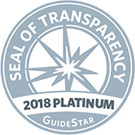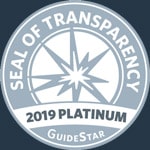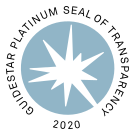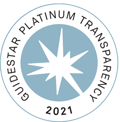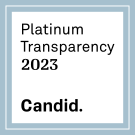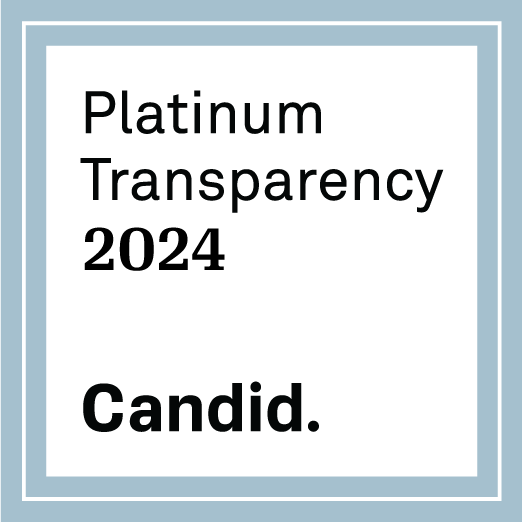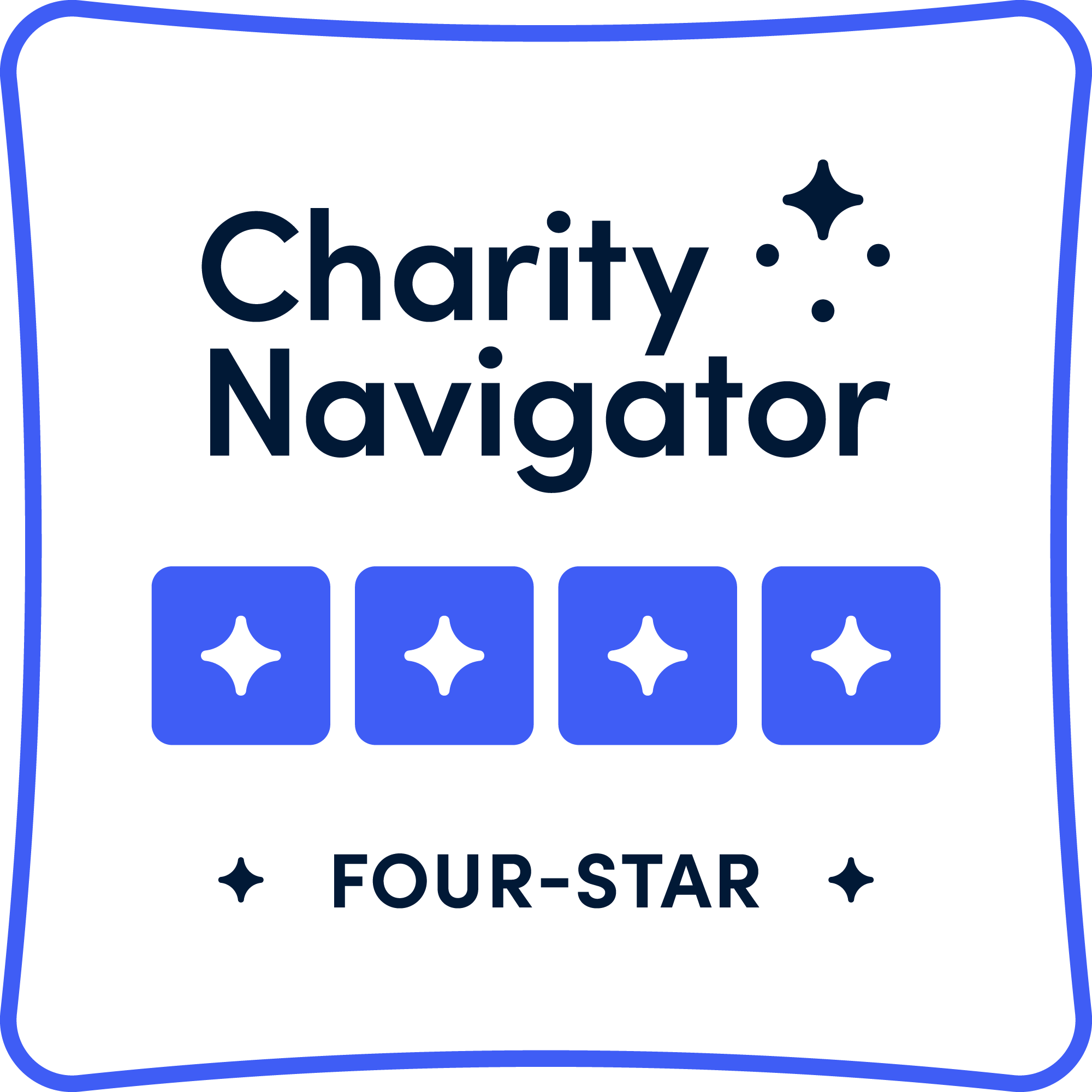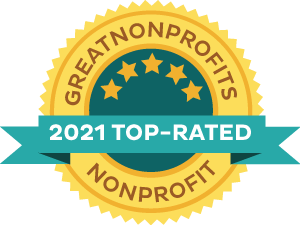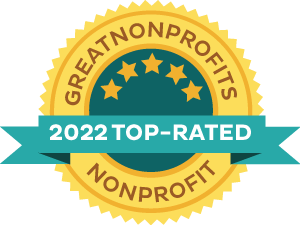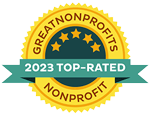Job Snapshot
-
Employee Type:
Full-Time -
Location:
New York, NY -
Job Type:
-
Experience:
Not Specified -
Date Posted:
12/6/2024
Job Description
Job Summary
Under very limited direction and with a high level of autonomy, uses extensive knowledge and skills to lead the firms risk identification program. Responsibilities include, but are not limited to: oversee the identification, analysis, and evaluation of risks that threaten RJFs assets, operations, and reputation, lead the buildout of in-depth top risk assessment and provide insights to stakeholders regarding the likelihood, impact, and potential mitigation of identified risks, evaluate and advise on risk-related impacts of potential business opportunities, mergers, acquisitions, and investments, lead large projects, programs or processes with significant business impact and that involve cross-functional teams, influence strategic direction, develop tactical plans, complete complex assignments with substantial latitude for un-reviewed actions or decisions, and maintain extensive contact with senior executives and some with external auditors and regulatory authorities.
Essential Duties and Responsibilities
%26middot; Develop and implement risk identification frameworks and tools to identify internal and external risks, including the methodology to assess materiality.
%26middot; Develops methodologies and standards to quantify current and future risk exposure utilizing predictive risk management techniques.
%26middot; Perform qualitative and quantitative assessments on risk inventory.
%26middot; Implements a system for material risk identification including integration with the firms stress testing and scenario design systems and processes.
%26middot; Develop, review, and maintain enterprise risk taxonomy.
%26middot; Develop the build out and ongoing maintenance of an enterprise risk inventory.
%26middot; Prepares appropriate RJF Risk Committee, Executive Committee, and regulatory reports.
%26middot; Works across all levels of the organization (1st, 2nd, and 3rd lines of risk management) in a collegiate yet respectful way.
%26middot; Conducts regular reviews of issues facing the industry or the firm which could impact the firm across all risk stripes (financial and non-financial).
%26middot; Work with Risk Analytics to create a suite of scenario themes and assess the impact of key features.
%26middot; Monitor progress, manage risk and ensure key stakeholders are kept informed about progress and expected outcomes.
%26middot; Develops and evolves firm global risk policies that will define current and future practices, standards, and procedures.
%26middot; Writing and ensuring compliance with firm policies for risk identification through periodic training of associates.
%26middot; Performs human resource management activities, including identifying performance problems and seeking guidance for remedial action; reviewing performance and participating in interviewing and selecting staff.
%26middot; Coaches, mentors, and develops risk management staff while identifying training needs and recommending appropriate development programs.
%26middot; Fosters an environment where staff can find motivation in their work through effective communication and incentives.
%26middot; Performs other duties and responsibilities, as required.
Job Requirements
Knowledge, Skills, and Abilities
Knowledge of
%26middot Advanced knowledge of risks and regulations in all aspects of a large / complex financial institution / Category IV Financial Holding Company.
%26middot In-depth knowledge of regulatory requirements and best practices in risk management.
%26middot Risk identification, risk appetite, and risk acceptance frameworks.
%26middot Material risk identification.
%26middot Risk data aggregation and modelling techniques.
%26middot Stress testing and scenario design principles.
%26middot Risk governance structure and design.
%26middot Risk policy and procedures.
%26middot New business and product initiatives.
Skill in
%26middot Risk operations, internal controls, and regulations.
%26middot Data aggregation, data governance, analytics, and modelling.
%26middot Excellent communication skills to clearly articulate matters while working with internal and external clients.
%26middot Working across all levels and facets of organizations.
%26middot Planning and scheduling work to meet regulatory organizational and regulatory requirements.
%26middot Identifying and applying appropriate monitoring procedures.
%26middot Preparing oral and/or written reports.
%26middot Excellent problem-solving and analytical skills, with the ability to assess and manage complex risk scenarios.
%26middot Project management skills and with experience to successfully complete long and short term projects.
%26middot Analytical thinking with demonstrated experience identifying and quantifying complex problems and providing effective resolutions.
Ability to
%26middot Author policies, procedures, and prepare risk reports for the Executive Committee, Board of Directors, and regulatory agencies as required.
%26middot Read, analyze, and interpret complex documents.
%26middot Respond effectively to the most sensitive inquiries or complaints.
%26middot Deliver crisp presentations on controversial or complex topics to top management, public groups, and the Board of Directors.
%26middot Apply mathematical concepts such as probability and statistical inference, and fundamentals of plane and solid geometry and trigonometry.
%26middot Drive high-quality work products within expected timeframes and on budget
%26middot Apply complex quantitative concepts to practical situations.
%26middot Define problems, collect data, establish facts, and draw valid conclusions.
%26middot Effectively communicate verbally and in writing with management, customers, vendors and staff.
%26middot Perform human resource management activities.
%26middot Plan, assign, monitor, review, evaluate and lead the work of others.
%26middot Coach and mentor others.
Educational/Previous Experience Requirements
Education/Previous Experience
Bachelor%26rsquos Degree (B.A.) with a minimum of fifteen (15) years of financial services experience required.
OR ~
Any equivalent combination of experience, education, and/or training approved by Human Resources.
Licenses/Certifications
None required.
At Raymond James our associates use five guiding behaviors (Develop, Collaborate, Decide, Deliver, Improve) to deliver on the firm%26#39s core values of client-first, integrity, independence and a conservative, long-term view.
We expect our associates at all levels to:
Grow professionally and inspire others to do the same
Work with and through others to achieve desired outcomes
Make prompt, pragmatic choices and act with the client in mind
Take ownership and hold themselves and others accountable for delivering results that matter
Contribute to the continuous evolution of the firm


